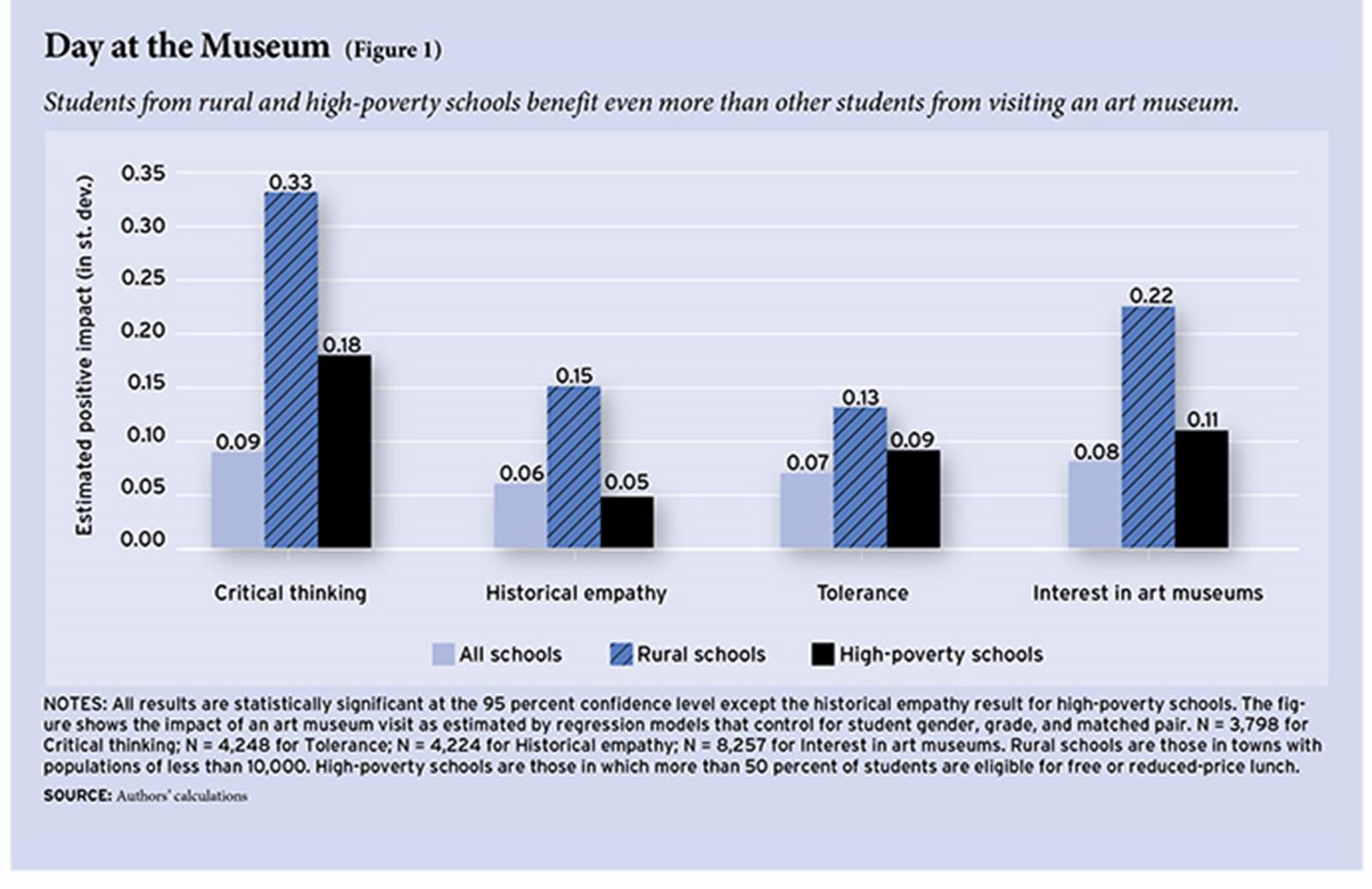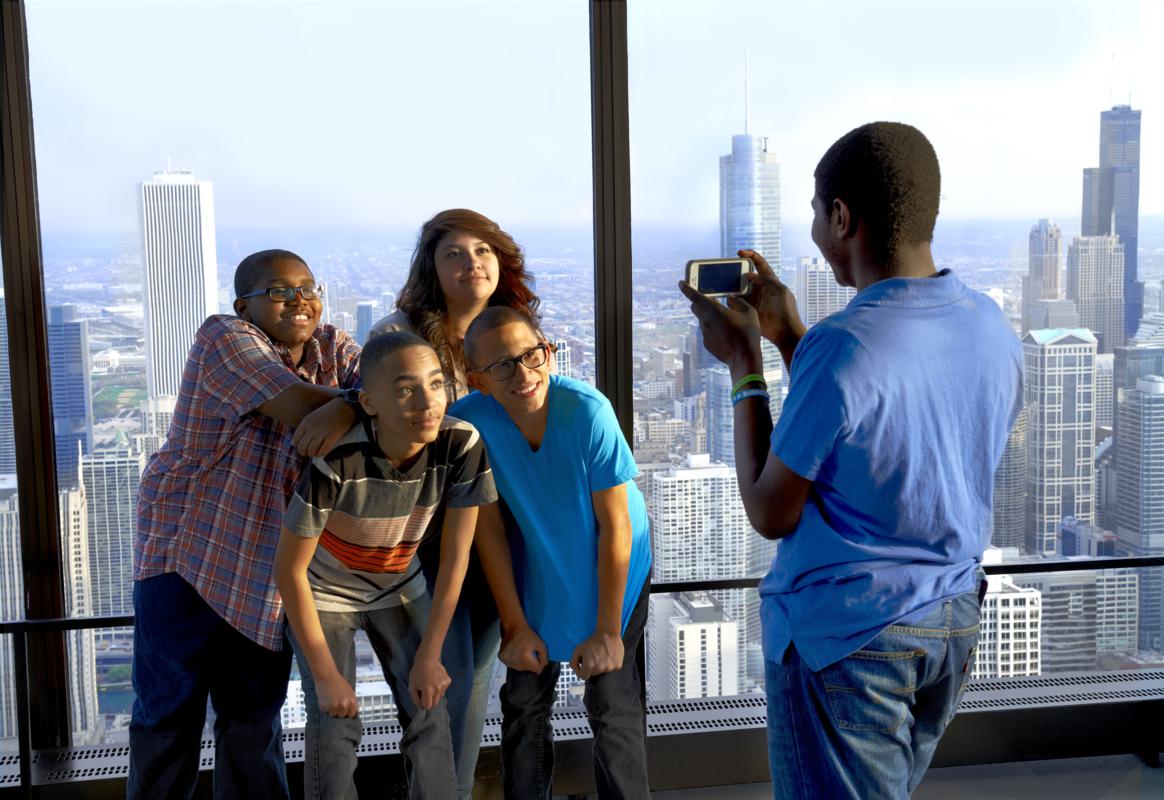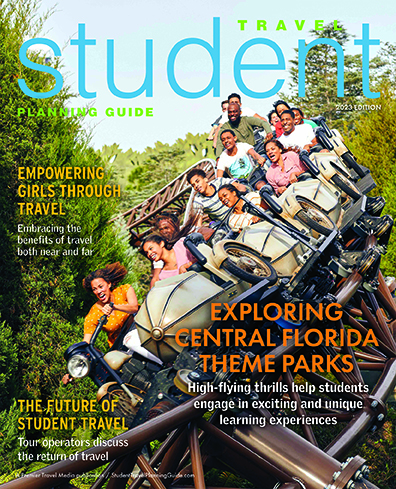Ah, the school field trip. Long a staple of the public education system, for decades children have been piling on buses to visit local museums, zoos and cultural attractions. However, as school districts wrestle with budget deficits and heftier academic requirements placed on their students, some have started to eliminate field trips. A survey by the American Association of School Administrators found that over 50% of schools eliminated planned field trips in the 2010–11 school year.
Before the field trip goes the way of everyday gym, school administrators should take heed at a recent study by the University of Arkansas.
As the report indicates, field trips are in decline. Museums across the country report a steep drop in school tours. For example, field trips at Chicago’s venerable Field Museum are down by 33%, representing a whopping 100,000 drop in annual student attendance.
Part of this drop is that schools are devaluing cultural and historical sites, instead taking students to amusement parks, sporting events, and movie theaters instead. This shift from “enrichment” to “reward” field trips is reflected in a generational change among teachers about the purposes of these outings. In the survey conducted by the University, teachers with 15 years or more of experience were significantly more likely to believe that the primary purpose of a field trip is to provide a learning opportunity, while junior teachers saw the primary purpose as “enjoyment.”
As schools de-emphasize culturally enriching field trips, has anything been lost as a result? As the study points out,a lot. In perhaps what is the first large-scale study on the value of field trips, the University studied behavior of students visiting the new Crystal Bridges Museum in Bentonville. Because this is a new museum in an area that had previously been underserved, there was a high demand for school field trips.
The study found that students learn quite a lot. In particular, enriching field trips contribute to the development of students into civilized young men and women who possess more knowledge about art, have stronger critical-thinking skills, exhibit increased historical empathy, display higher levels of tolerance, and have a greater taste for A survey by the American Association of School Administrators found that more than half of schools eliminated planned field trips in 2010–11. consuming art and culture. (see chart)
It’s been said that travel opens the mind more than any book ever can. Thanks to the University for pointing out what many veteran teachers already know, field trips aren’t hooky from school, they are critical to the development of our youth, providing a learning and enrichment program outside the classroom.






